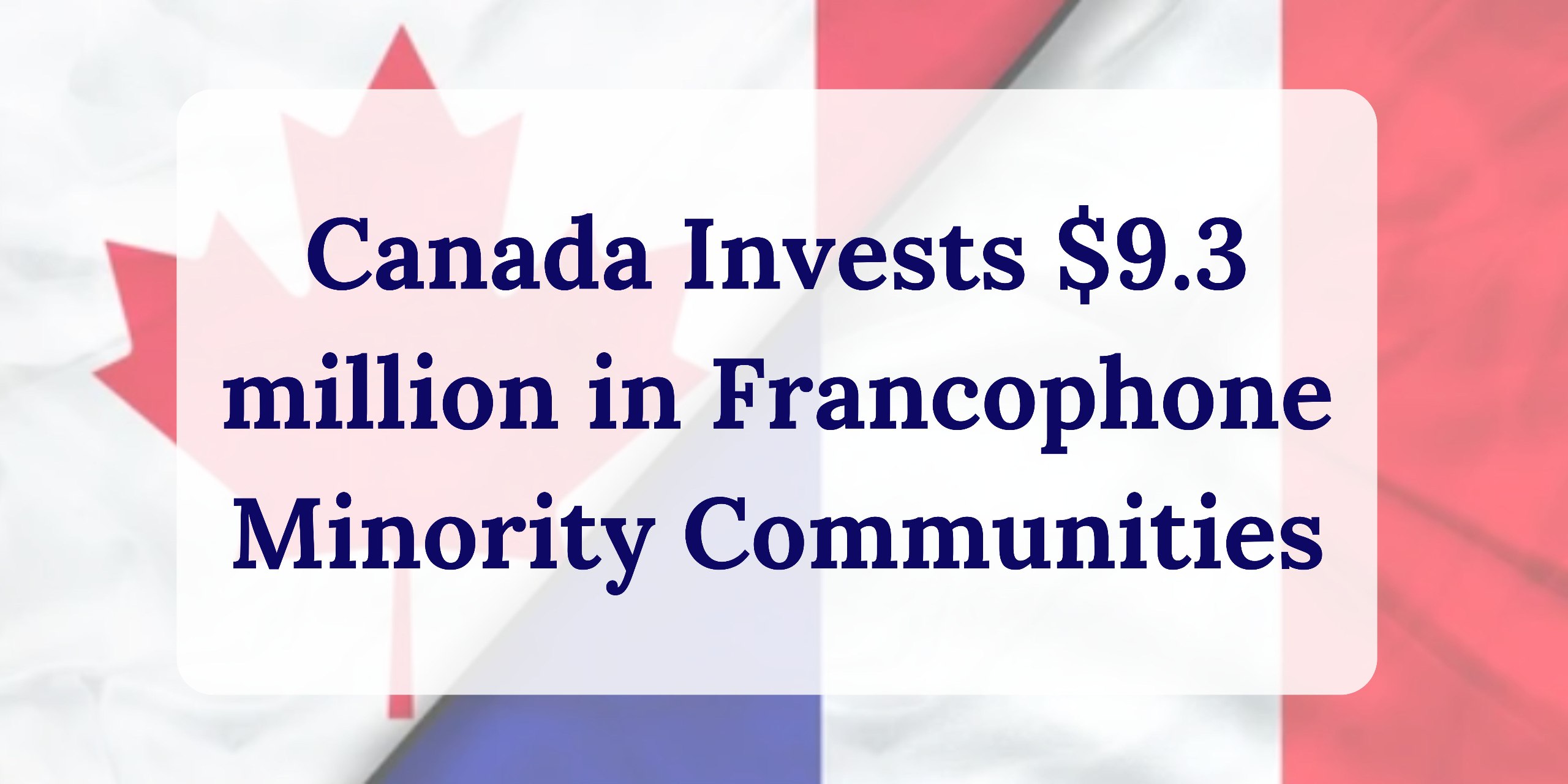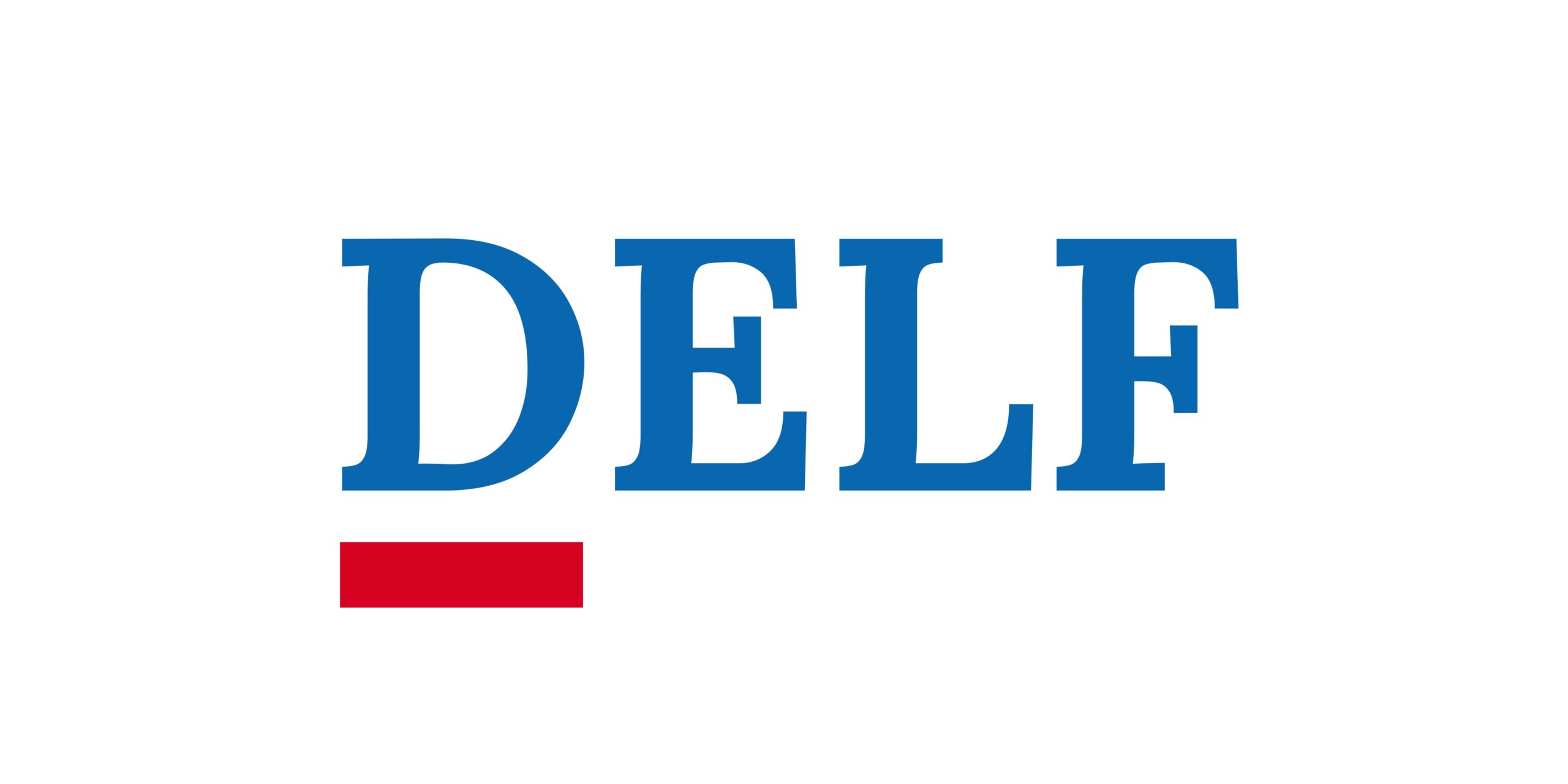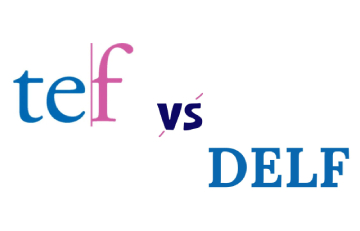
Strengthening Canada’s Bilingual Future: New Investments in Francophone Immigration
Canada’s bilingual identity is a key part of its heritage. Supporting French-speaking communities outside Quebec


The DP computer science course emphasizes core computing concepts and the application of computational thinking to solve real-world problems.
Course Features:
• Covers computer systems, algorithmic thinking, and programming.
• Relies on computational thinking.
• Encourages innovation, exploration, and learning.
• Includes machine learning and ethical considerations.
Computational Thinking Skills:
• Define problems in a computational context and set success criteria.
• Break down complex problems and abstract them for algorithmic solutions.
• Test and improve solutions.
Student Outcomes:
• Develop a solution by identifying, designing, and evaluating a real-world problem.
• Build connections across computer science topics and other DP subjects.
• Apply computer science methods and tools, evaluate solutions, and innovate in various contexts.
• Address local and global problems creatively and assess the impact of computer science on society, the environment, and ethics.
For general information about the International Baccalaureate (IB) program, visit this link.
Components of the curriculum
The DP computer science course is structured around two main themes:
• Theme A: Concepts in Computer Science – understanding how computing systems function.
• Theme B: Computational Thinking and Problem-Solving – using computing systems to address real-world challenges.
The course includes practical components: the computational solution (internal assessment) and the collaborative sciences project. Students can study the course using either Python or Java.
| Syllabus component | SL teaching hours | HL teaching hours |
|---|---|---|
| A Concepts of computer science: | ||
| A.1 Computer fundamentals | 11 | 18 |
| A.2 Networks | 11 | 18 |
| A.3 Databases | 11 | 18 |
| A.4 Machine learning | 5 | 18 |
| B Computational thinking and problem-solving: | ||
| B.1 Computational thinking | 5 | 5 |
| B.2 Programming | 40 | 42 |
| B.3 Object oriented programming (OOP) | 7 | 23 |
| B.4 Abstract data types (HL only) | – | 23 |
| Case study | 15 | 30 |
| Internal assessment The computational solution | 35 | 35 |
| Collaborative sciences project | 10 | 10 |
| Total teaching hours | 150 | 240 |
Assessment
The DP computer science course has four assessment objectives that students are expected to achieve by the end of the course:
1. Knowledge and Understanding:
– Understand facts, concepts, principles, terminology, and methods in computer science to solve problems with computational thinking.
2. Application and Use:
– Apply computer science knowledge, concepts, and techniques to problem-solving and present information effectively.
3. Construction, Analysis, and Evaluation:
– Develop and assess problem specifications, system requirements, success criteria, testing strategies, and programs, using appropriate methods.
4. Computational Thinking in Real-World Applications:
– Use computational thinking to address and solve real-world problems through computer science solutions.
| Type of assessment | Format of assessment | SL (hours) | Weighting of final grade SL | HL (hours) | Weighting of final grade HL |
|---|---|---|---|---|---|
| External assessment | 2 hours 30 minutes | 70% | 4 hours | 80% | |
| Paper 1 | • Questions focused on the four topics in theme A, “Concepts of computer science”. • The paper also consists of three questions related to the case study. | 1.15 | 35% | 2 | 40% |
| Paper 2 | • Questions for SL and HL focused on the three topics in theme B, “Computational thinking and problem-solving”. • Additional questions for HL, focused on OOP and abstract data types. Students can answer questions in either Java or Python. | 1.15 | 35% | 2 | 40% |
| Internal assessment | |||||
| The computational solution | Students design a computational solution to a real-world problem of their choice, applying the concepts, skills, tools, and computational thinking process learned throughout the course. | 35 hours | 30% | 35 hours | 20% |
Programming is required for some questions on Paper 2. These questions will have equivalent versions in both Java and Python, allowing students to choose based on the language they studied.
If you need help with Computer Science or any other subject, our tutors are ready to support you on your academic journey. Don’t miss your chance to succeed—take a trial lesson today!

Canada’s bilingual identity is a key part of its heritage. Supporting French-speaking communities outside Quebec

The DELF (Diplôme d’Études en Langue Française) is an internationally recognized certification that evaluates French

French is a rich and expressive language, full of unique phrases that add color to

Purpose and Recognition Exam Structure and Format Validity and Flexibility Conclusion Purpose and Recognition The

French is one of the most popular languages in the world, spoken by over 300
Follow us, stay informed:
Click the LinkedIn button below to get expert advice, promos and insider news.





